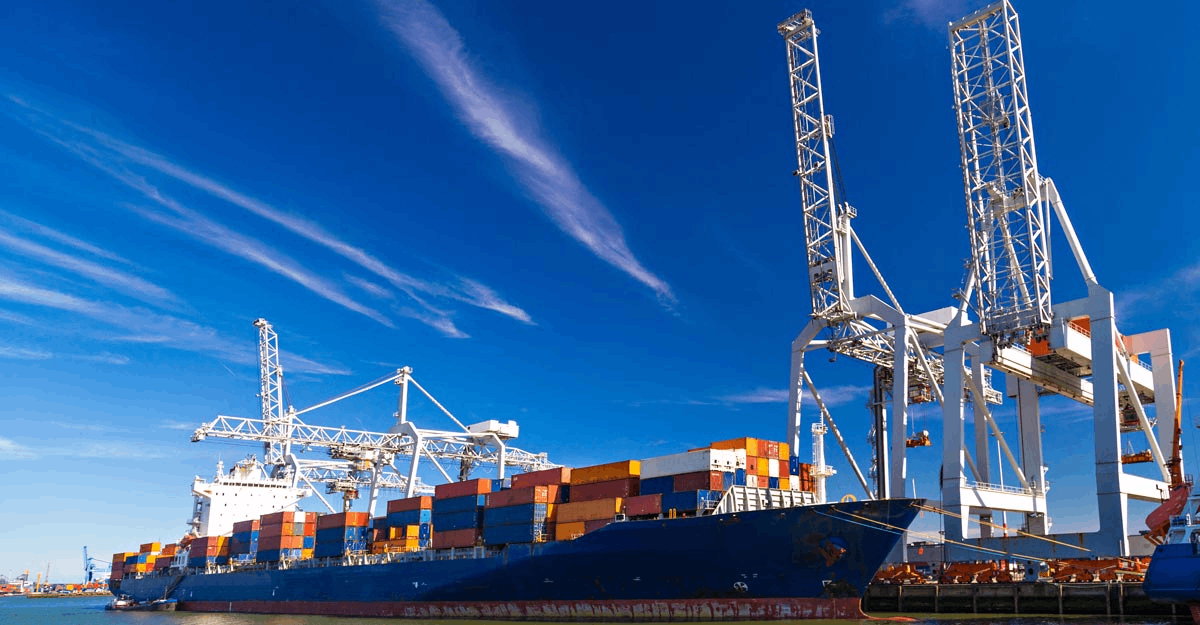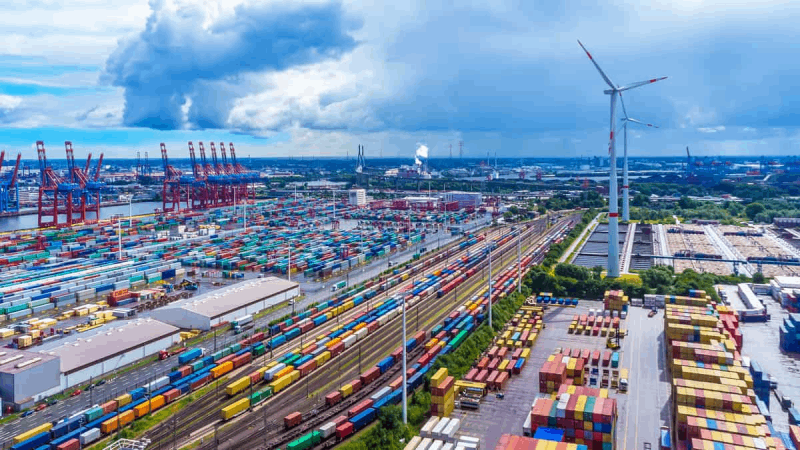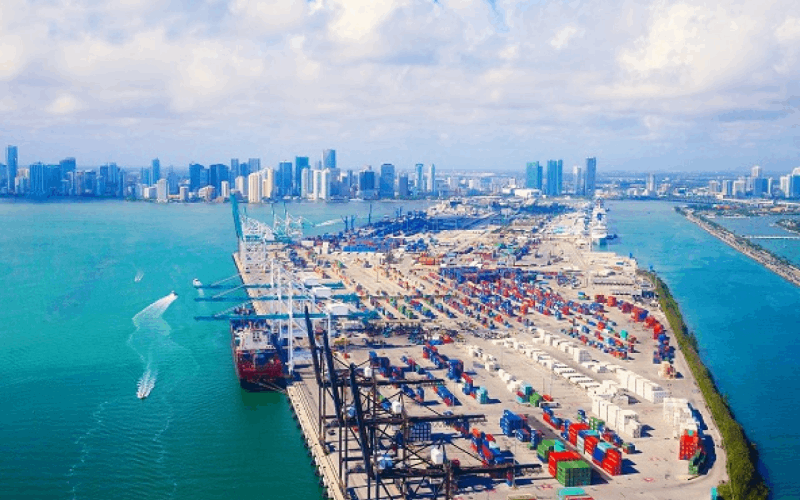Welcome to GLA! Leading the global logistics alliance.


Your location:Home > News > The shipping company is making adequate preparations for the peak season
Time:2021-07-08 Publisher:Kevin Num:7726

This year, the shipping market is facing many challenges, such as cargo overstock, ship delays, port skipping, and space shortages.
With the arrival of the peak season in the third quarter, shipping companies have begun to make some preparations and plan to deploy record high capacity.
According to Sea-Intelligence's analysis, in the next 12 months, the shipping company plans to deploy another approximately 100,000 teu of capacity.
In the week starting on August 16th, the capacity of the Pacific Ocean was pushed up to a peak of 644,000 teu.
It is estimated that the traffic volume between Asia and Europe will reach 491,700 teu in the coming weeks.
Sea-Intelligence predicts that compared with the same period in 2019, the supply of container capacity has increased significantly, with a total growth rate of 32.9%.
The analysis agency predicts that the capacity between Asia and the West Coast of the United States will increase by 33.6% over the same period in 2019.
The capacity on the east coast of the United States will increase by 15%, and the capacity between Asia and Europe will increase by 22.7%.
As the world's major shipping companies successively increase freight rates, GRI has increased for the 15th time.
If additional expenses such as peak season surcharges and fuel costs are included, the current far east to US east route can reach US$15,000-18,000/FEU.

At the same time, the western US route has also exceeded US$10,000/FEU, and the freight rate of the European route is about US$15,000 to US$20,000/FEU.
With the successive unblocking of Europe and the United States in June, the market entered the traditional peak season in the third quarter.
Demand far exceeds the supply of transport capacity, driving freight rates to continue to rise, but some platforms indicate that the rate of increase has slowed down.
After repeated reports of long-term contract freight rates rising rapidly to record levels, there may be some signs of slowing growth.
Xeneta reports that according to its long-long XSI Public Indices, the rate of increase in freight rates has slowed down, but for shippers, this does not have any effect.
According to Xeneta's data, the average long-term contract ocean freight rate has risen by more than 37% in 2021, a year-on-year increase of 39%.
The rate of soaring has accelerated this year, and it soared by 9% in May.
However, the latest data shows that the growth rate slowed down in June, reaching 2.3%.

Patrik Berglund, CEO of Xeneta, commented: “Due to the combined effect of multiple factors, shipping companies have been managing routes to maintain an advantageous position in negotiations.
"There is no doubt that as a shipper, this is a difficult time."
Xeneta said that the 2.3% growth in June appears to be modest, but in any other month and other years, it will be seen as a very strong performance for liner operators.
Xeneta pointed out that shipping companies are taking bold steps to increase their fleets, but to a large extent, these are long-term decisions, not short-term capacity injections.
Shipping companies have placed record orders for container ships.
For example, HMM has ordered 12 13,000 TEU ships, valued at US$1.57 billion, and its capacity will exceed 1 million TEUs.
Hapag-Lloyd ordered six 23,500 TEU ships, which are expected to be delivered in 2024.
At the same time, the supply chain is under pressure.
As Berglund explained, “U.S. ports are facing new congestion, which has caused serious delays in shipments and inventory shortages for retailers.
In fact, a recent NRF survey found that 97% of its members were affected by port and shipping delays. "
Xeneta said that the 2.3% growth in June appears to be modest, but in any other month or other year, it will be seen as a very strong result.
Xeneta said that in the entire interconnection industry, the chain reaction of disruption is ubiquitous.
In Europe, ships from Asia have been delayed for up to three weeks, and some carriers are now completely skipping calls at some ports.
The 2M Alliance recently announced that in the next seven weeks, its Asia-Northern Europe loop will not stop in Rotterdam, and the THE Alliance will follow.
2019 the 7th GLA Panel Discussion Wonderful Review
Prev:New Golden Member From Egypt——ADVANCED LOGISTIC.Next: New Golden Member From Lithuania——Hegelmann Multimodal
Recommended Membership
Latest News